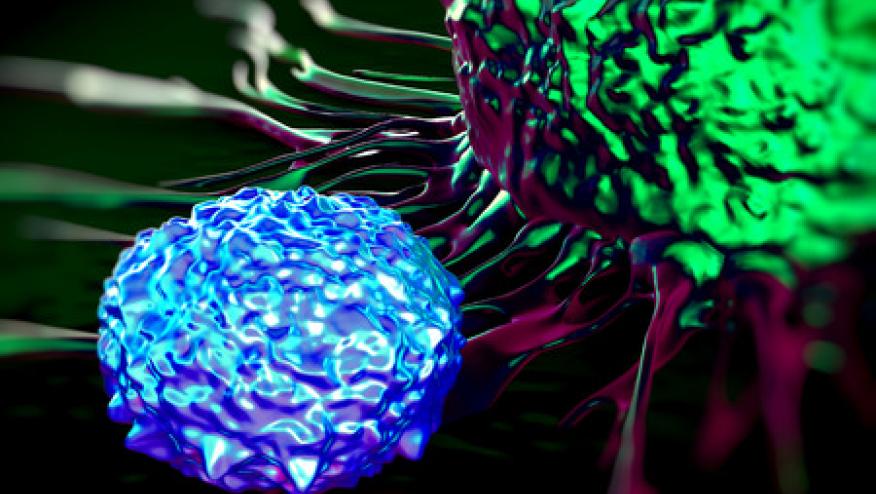Cancer Therapies Inducing Immune-Related Adverse Events (irAEs) Save

Recent shifts in the cancer treatment paradigm towards immune therapies has led to wide implementation of the novel immune check point inhibitors (ICI) in the treatment of multiple types of advanced cancer.
While being quite effective in oncology, these checkpoint inhibitors have led to the emergence of a quite unique spectrum of rheumatologic conditions presented under the umbrella of immune-related adverse events (irAEs).
A single-center prospective observational study was designed to evaluate and characterize irAEs and patients on ICI and to assess for association with treatment response and patient survival.
Out of 636 patients treated with PD-1, PD-L1 and CTLA-4 for predominantly melanoma, NSCLC and renal carcinoma 43% experienced irAEs. Dermatological manifestations, along with GI, endocrine and rheumatic were amongst the most common irAEs.
65% of tumor treatment responders along with 56% of stable patients experienced at least one irAE comparing to 24% in non-responder group.

Most irAEs were observed in patients receiving sequencial (68%) and combined (65.6%) ICI therapy. Significantly better survival rates were observed in patient who experienced at least one irAE with median survival of 1169 days vs 24 days, p <0.000. no difference was observed in regards to organ system manifestations.
In summary, irAEs in cancer therapies showed to be strongly associated with overall survival and better tumorous response. Authors suggest multidisciplinary approach, including rheumatologist on as needed basis to maintain full benefit if ICI treatments.










If you are a health practitioner, you may Login/Register to comment.
Due to the nature of these comment forums, only health practitioners are allowed to comment at this time.